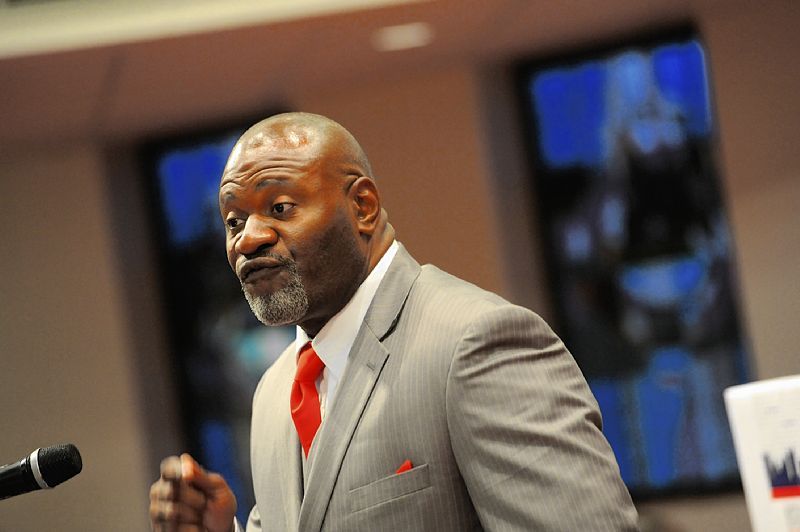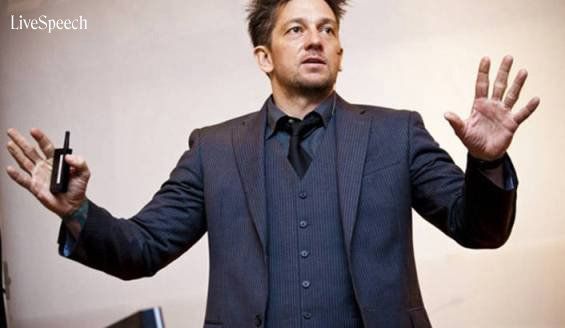To become thoroughly self-confident as a public speaker, you should believe in your own ideas, live them, and advocate them with earnestness and conviction. You will be steadied by the consciousness of being in the right - that you truly know what you’re saying.
All of these mean that you should spare no pains to ascertain the facts bearing upon your subject, or topic, before attempting to present them before others. Getting the facts is the very foundation of self-confidence in public speaking.
It follows therefore that the first rule in building confidence in public speaking is none other than P-R-E-P-A-R-A-T-I-O-N!
Next to having a solid foundation in facts and figures, you should also know how to present them interestingly and effectively. You cannot hope to do this without developing your powers of expression and of persuasion, respectively. If you have no control over the pitch of your voice, but permit your nervousness to carry you into a high key or unduly loud tone, you may fail to convince intelligent people as you should.
Indistinctness of enunciation (unclear pronunciation), a common fault with timid speakers, will tell seriously against you, since people get less attentive when they have to strain their ear drums to hear you. Un-gracefulness and violence of gesture will detract from the impression made by the speaker. In fact, any shortcoming in delivery, however slight, will have its share in producing an adverse effect.
Sometimes this nervousness in a public speaker, even in the case of experienced orators, is due to over-anxiety. You wish your speech to make a good impression, or your cause to succeed, or a sense of personal responsibility presses on you. All these seem legitimate in themselves, but a good speaker should know that undue anxiety will possibly defeat the very purpose he has in view.
When you are over-anxious you are not at your best and you can never be. You lack freedom and flexibility, and your real self is, for the time, in subjection. Your mind is divided between your subject and the impression you are making; self- consciousness is inevitable, and your fear silently but surely communicates itself to the audience.
Believe me when I tell you: audiences are usually good at sensing the anxiety in a nervous speaker. If they do (as they sure will) your speech is as good as ruined.
However, a slight nervousness at the beginning of a speech may act in your favour by enlisting the sympathy and goodwill of your hearers. Still, you must be able to rise above this feeling as you enter into your subject, lest you fail to carry conviction.
When Gladstone was asked if he was ever nervous in public speaking he said, "In opening a subject, often; in reply, never."
The assumption is that once a speaker is well started, he no longer thinks of himself, but pours into his delivery all the power, intensity, and courage that his subject demands. Thus, a word of note here is that everybody does get a bit anxious the first few moments of starting a speech, even the most experienced orators do. But the difference is in the ability to get over it right away and deliver.
Adapted from “How to Develop Self-confidence in Speech and Manner” by Grenville Kleiser (Funk and Wagnalls, 1910)










